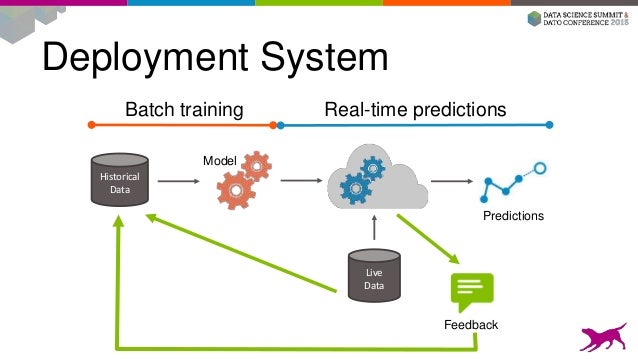First of all, what is machine learning? Simpy put, machine learning is a field of computer science that uses pattern recognition and computational learning theory. A more in depth explanation can be found with this video by Android Authority. For example, a program can be set to learn chess through watching/playing thousands of iterations of the game, and learning the ins and outs at a hefty speed. With machine learning, a computer can make predictions on what will happen based on past data. There are three main classifications of machine learning: supervised learning, unsupervised learning, and reinforcement learning. Each have their own way of organizing input toward different desired or unknown outputs.
So how can machine learning be used in conjunction with medicine? The first idea that popped in my head was diagnosing patients. In areas where there may be a lack of medical knowledge or doctors, a program can help immensely. Computers are starting to be able to recognize and label pictures as seen here by Fei-Fei Li of Stanford's Artificial Intelligence Lab. With the help of few volunteers, these programs may be able to help diagnose patients using pictures, x-rays, etc. With these information, the computer can speed up diagnosis by analyzing the patient. Often times, data on proper or correct diagnoses are available in records. This can be used as a reference point for the computer to determine an algorithm. More information on the history and implications of machine learning in medicine can be found here.
Currently there are some limits to machine learning being used in conjunction with medicine. Most medical professionals feel that the program is not as reliable or trustworthy as a real human. It is speculated that the disconnect between engineers and doctors must be relieved for a machine learning algorithm to be considered into use. I'm not yet sure on how such a program can be implemented in areas with a lack of medical knowledge and doctors. Hopefully with my research, I can find a way to aid doctors in lacking areas.

No comments:
Post a Comment